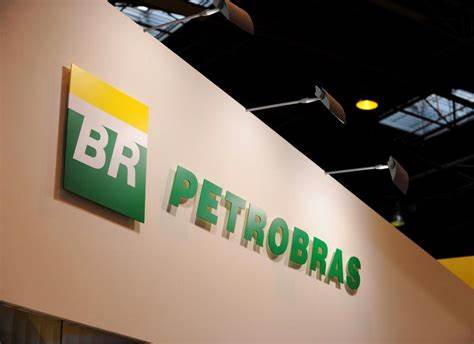The Brazilian government has potentially removed a significant obstacle, allowing Petrobras to explore an offshore region regarded as the nation’s most promising area for oil drilling.
The attorney general’s office (AGU) has issued a statement asserting that the project does not require the major impact study currently being demanded by environmental authorities. This statement was made public on Tuesday.
In May of this year, the Brazilian Institute of the Environment and Renewable Natural Resources (Ibama) rejected a license to drill a well in the heavily protected area made by Petrobras. The main arguments listed by the agency for the rejection of the request were: a) need to carry out studies of a strategic nature (AAAS) in the basin of the mouth of the Amazon; b) possible impacts on indigenous communities due to the overflight of aircraft between the Oiapoque Aerodrome/AP and the site of Block FZA-M-59; and c) response time and care to the fauna affected by oil, in case of leakage.
The AGU, acting on behalf of the government in legal matters, has now forwarded the case to a mediation chamber, initiating a reconciliation process among the federal agencies engaged in the project.
It said the objective is to now seek the consensual resolution of the other divergent points related to the case, “including those raised by Ibama in the denial of licensing on the impacts of overflights for indigenous communities and the plan for the protection of fauna.”
Petrobras seeking to replicate Guyana’s exploration success offshore Brazil – Rystad energy | OilNOW
In its conclusion, the AGU said “the Environmental Assessment of Sedimentary Area (AAAS) is not indispensable and cannot prevent the realization of environmental licensing of oil and natural gas exploration and production projects in the country.”
Located in the deep waters of Amapá, offshore Brazil, the area known as the Brazilian Equatorial Margin is thought to hold nearly five billion barrels worth of oil as it has similar geology to the Guyana basin, where ExxonMobil has discovered a rich pool of hydrocarbons.
An oil rig has been in place since early December 2022 awaiting approval to drill the exploratory well.
Petrobras had said that the potential new frontier would complement and eventually come to replace Brazil’s prolific pre-salt fields which drive its revenues and account for more than 75% of the company’s production.



